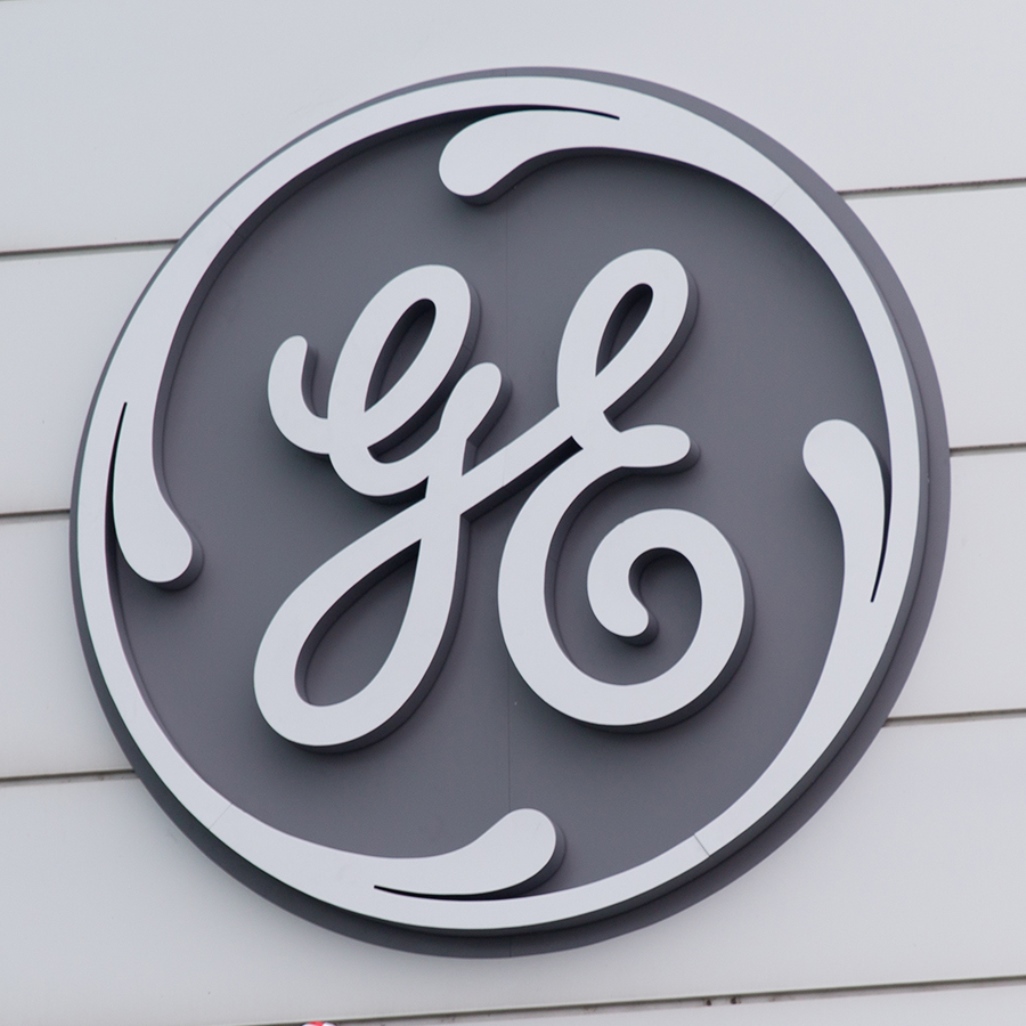
Under the terms of the agreement, Baker Hughes shareholders will receive a one-time cash dividend of $17.50 per share and ownership of 37.5% of the new company. GE will own 62.5% of the combined company and will contribute $7.4 billion to the new company to fund the special dividend. Baker Hughes shareholders must approve the deal, and the transaction will require other regulatory approvals as well.
According to the announcement the “new” Baker Hughes would have had $32 billion in 2015 revenues. That’s about $16 billion from each party.
Through the first nine months of 2016, GE’s oil and gas division revenues have dropped 21%, from $12.1 billion last year to $9.5 billion. Baker Hughes has seen nine-month revenues tumble 40%, from $12.35 billion a year ago to $7.43 billion.
At the closing bell on Friday, Baker Hughes’ market cap was $25.3 billion and shares traded at $59.12. Shares traded up nearly 12% early in Monday’s premarket session at $66.00.
GE expects the deal to add $0.04 per share to its earnings in 2018 and $0.08 per share by 2020. The combined company expects to generate synergies of $1.6 billion by 2020, “primarily driven by cost out.”
GE CEO and Chairman Jeff Immelt will be the chairman of the “new” Baker Hughes and Lorenzo Simonelli, president and CEO of GE’s oil and gas division, will be the president and CEO of the new company. Baker Hughes Chairman and CEO Martin Craighead will become vice-chairman of the board.
The combined company’s board will have nine directors, five appointed by GE and including Immelt, and four, including Craighead, appointed by Baker Hughes.
There would seem to be little threat from regulators to this deal because it is so much smaller than the Halliburton-Baker Hughes tie-up. And Baker Hughes’ shareholders are getting a pretty good deal, all things considered. GE gets a bigger foothold in the oilfield services business that may or may not be on the road to recovery for a bargain price with only moderate risk (the company had $99 billion in cash at the end of the third quarter).
On last look, Baker Hughes stock traded up about 5.3% at $62.25 in the premarket session, still above the 52-week range of $37.58 to $59.39. The 12-month price target on the stock was $58.29.
GE shares traded up about 0.7%, at $29.43 in a 52-week range of $27.10 to 33.00. The stock’s 12-month price target was $32.00 before this announcement.
Thank you for reading! Have some feedback for us?
Contact the 24/7 Wall St. editorial team.



